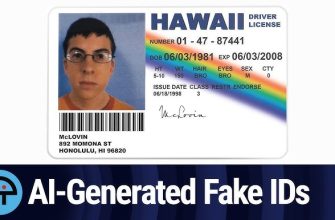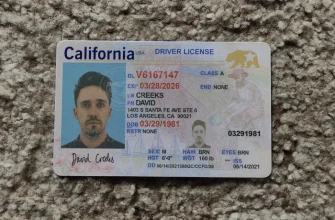In the digital age, the creation and use of fake documents have become increasingly sophisticated, posing significant threats to individuals, businesses, and society at large. To combat this menace, legal systems around the world have established stringent laws and penalties to deter the production and utilization of counterfeit documentation. This article explores the legal landscape surrounding fake documents and the consequences individuals and entities may face for engaging in such activities.
- Forgery Laws:Forgery, the act of creating or altering documents with the intent to deceive, is a criminal offense in many jurisdictions. Laws related to forgery vary, but they generally encompass a broad range of documents, including identification cards, passports, financial instruments, and academic certificates. Penalties for forgery can include fines, imprisonment, or both, depending on the severity of the offense and the laws of the specific jurisdiction.
- Identity Theft Legislation:Creating or using fake documents for identity theft purposes is a serious crime that is often addressed through specific identity theft legislation. These laws aim to protect individuals from the misuse of their personal information and may include provisions for penalties such as fines, restitution to victims, and substantial prison sentences for offenders.
- Fraud Laws:The creation and use of fake documents to commit fraud, whether in financial transactions or other contexts, are typically addressed under fraud laws. Individuals engaged in fraudulent activities may face charges related to wire fraud, mail fraud, or other forms of deception, with penalties that may include fines, imprisonment, or both.
- Counterfeiting Laws:Counterfeiting laws specifically target the replication or alteration of official documents, currency, or valuable instruments. This includes creating fake passports, driver’s licenses, or counterfeit currency. Penalties for counterfeiting can be severe, reflecting the potential economic impact and harm to public trust associated with such activities.
- Cybercrime Legislation:As the digital landscape continues to evolve, many jurisdictions have enacted specific legislation to address cybercrime, including the creation and distribution of fake documents online. Cybercrime laws may encompass a wide range of offenses, from the creation of fraudulent digital documents to the use of fake information in online transactions.
Penalties and Enforcement:
The penalties for creating and using fake documents vary widely depending on the jurisdiction, the nature of the documents involved, and the intent of the individuals or entities involved. In many cases, penalties may include substantial fines, imprisonment ranging from months to years, or a combination of both. Repeat offenders and those involved in large-scale operations may face more severe consequences.
Enforcement of these laws often involves collaboration between law enforcement agencies, regulatory bodies, and international organizations. Advanced forensic techniques, technological tools, and cooperation between countries are crucial in tracking down and prosecuting individuals engaged in the production and use of fake documents, especially in cases with cross-border implications.
The legal consequences for creating and using fake documents underscore the gravity of these offenses. Governments worldwide recognize the potential harm posed by counterfeit documentation to individuals, businesses, and society as a whole. By establishing and enforcing strict laws and penalties, legal systems aim to deter individuals from engaging in these illicit activities and promote a safer, more secure environment for all. As technology continues to advance, the evolution of legal frameworks and enforcement strategies remains critical to staying ahead of the challenges posed by counterfeit documentation in the modern era.





